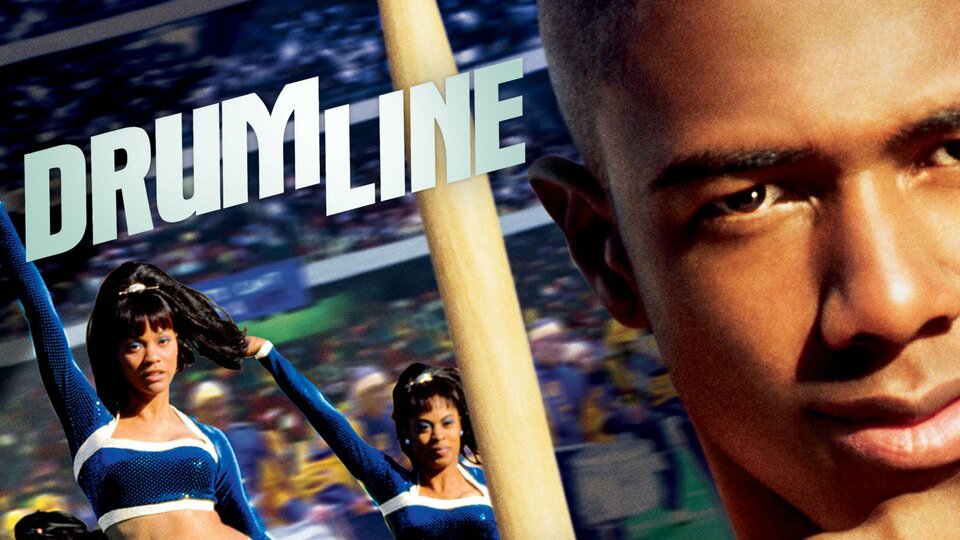
Before TikTok tours and college influencer vlogs, we had School Daze, Love & Basketball, Drumline, and The Great Debaters. For many of us, those movies weren’t just entertainment; they were our first unofficial campus visits into the world of Black collegiate living. They gave us the soundtrack, the style, and the swagger of young Black ambition before we ever set foot on a yard.
HBCUs were founded out of necessity, built as safe spaces for Black intellect, creativity, and leadership when predominantly white institutions refused us entry. They became more than colleges. They were cultural ecosystems where tradition met rebellion, where pride was taught alongside philosophy, and where the future of Black excellence took shape. But even beyond HBCUs, the broader landscape of Black college life—from fictional programs to loosely inspired campuses—became a cinematic universe of its own. Hollywood quietly did the work of immortalizing that legacy on screen.
In the late ’80s, Spike Lee’s School Daze wasn’t just a campus drama; it was a cultural awakening. The film peeled back layers of intra-community tension, colorism, and identity politics that still echo today. Laurence Fishburne’s Dap and Giancarlo Esposito’s Julian (“Big Brother Almighty”) turned Greek rivalries into morality plays, making the yard feel like a stage where Blackness could challenge itself and still walk away unified.
Then came Love & Basketball, the film that made us all believe that ambition and romance could coexist under the pressure of college dreams. We grew up and realized it wasn’t the perfect love story we thought it was when we were younger, but we still love it, flaws and all. It captured the push and pull between personal drive and vulnerability that defined so many of our own college years. Though it didn’t center the HBCU experience, it’s a movie about Black love in college, so we let it slide and it show it to each generation heading into college.
By the early 2000s, Drumline made marching bands feel like varsity sports and Stomp the Yard turned step shows into pop culture phenomena. Nick Cannon’s Devon Miles may have been fictional, but the halftime battles he waged brought the precision, passion, and pride of Black college bands to the mainstream. Drumline inspired a generation of millennials to pick up instruments and join their middle and high school bands, proving that HBCU culture didn’t just look cool, it sounded like discipline, teamwork, and purpose.
By 2007, The Great Debaters gave us something different, a reminder that HBCUs have always been intellectual powerhouses. Based on the true story of Wiley College’s debate team defeating Harvard, the film reframed the narrative of Black collegiate life around brilliance, strategy and the power of voice. It was the last historically grounded HBCU film before streaming platforms began experimenting with their own campus stories, some accurate, some not.
These films weren’t made for outsiders. They were cultural study guides wrapped in entertainment. They showed us what it meant to go away to college not just to earn a degree but to find yourself among people who reflect your ambition, creativity and rhythm. The pledging scenes, dorm rivalries, homecoming parties and debates were all coded in a language Black audiences understood intuitively, but that everyone else wanted to learn.
Now, in the age of social media, where HBCU and Black college culture trend weekly through halftime routines, stroll compilations, and viral homecoming clips, it’s worth remembering that these movies built the blueprint. They taught us the difference between the yard and the quad, the pride behind a call, and the unshakable power of community rooted in history.
In hindsight, these weren’t just college movies. They were our first crash course in belonging, in representation, and in why our institutions and stories still matter. Long before the hashtags, we saw it on screen and knew one thing for sure—we wanted in.